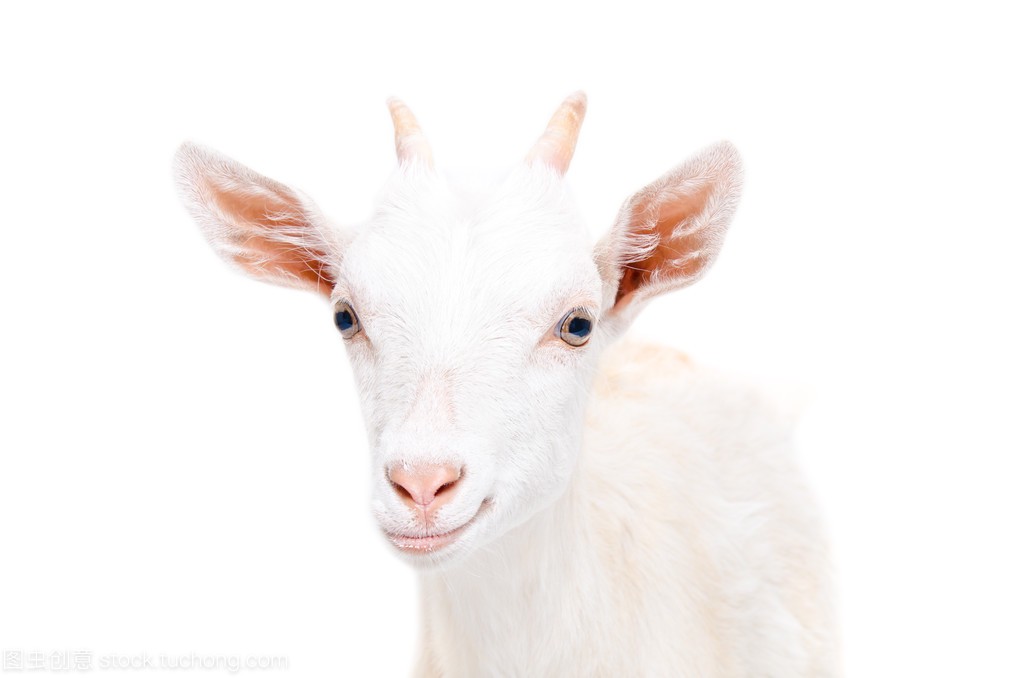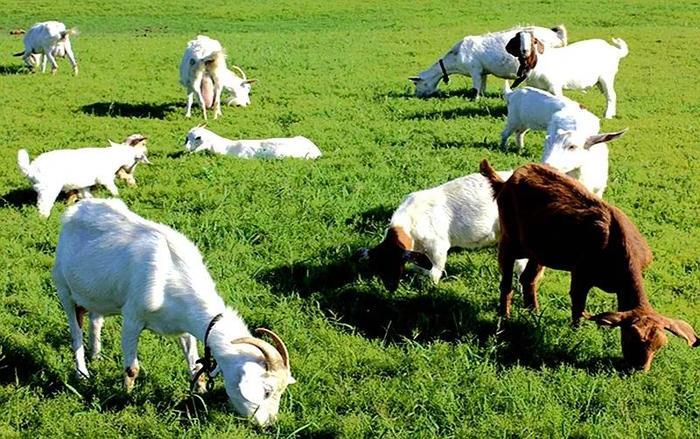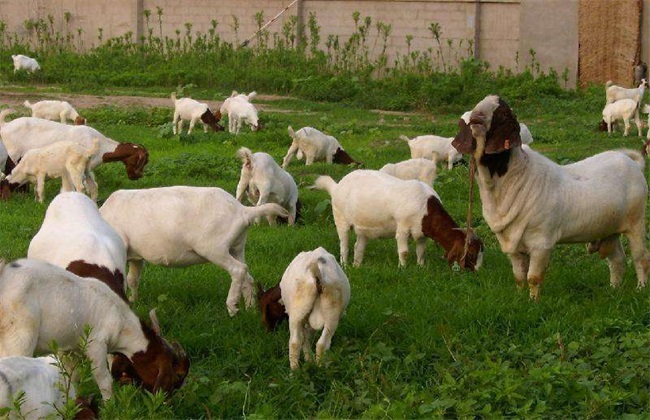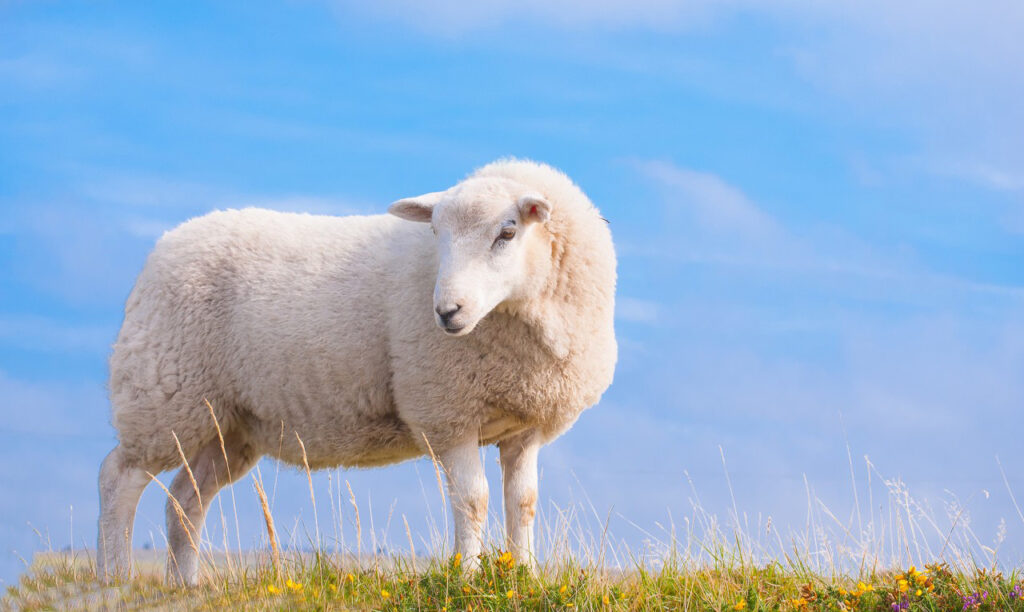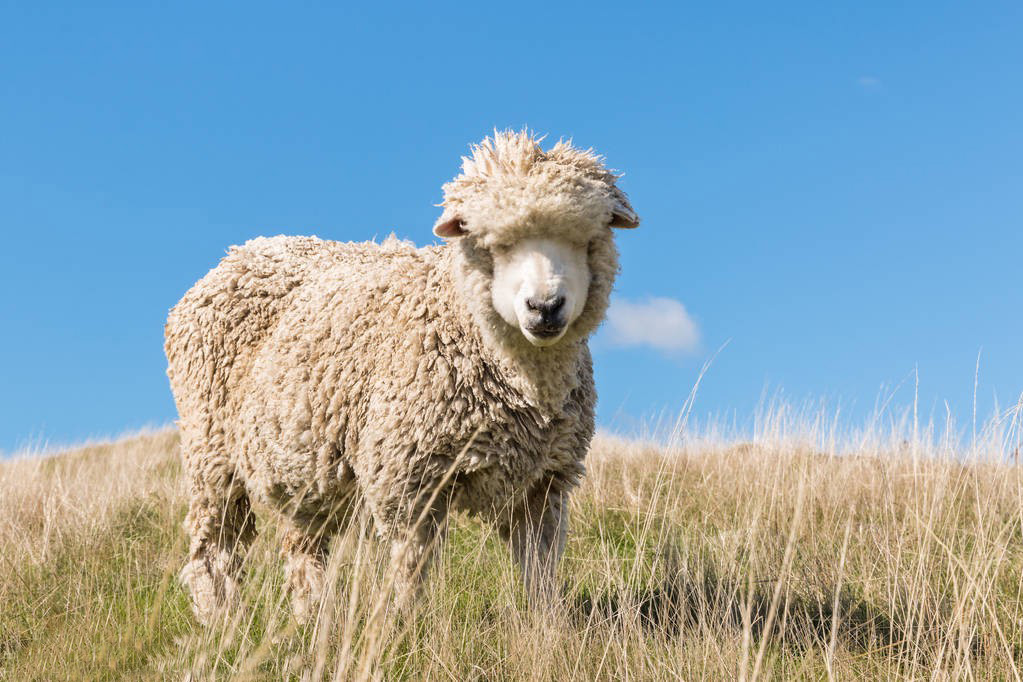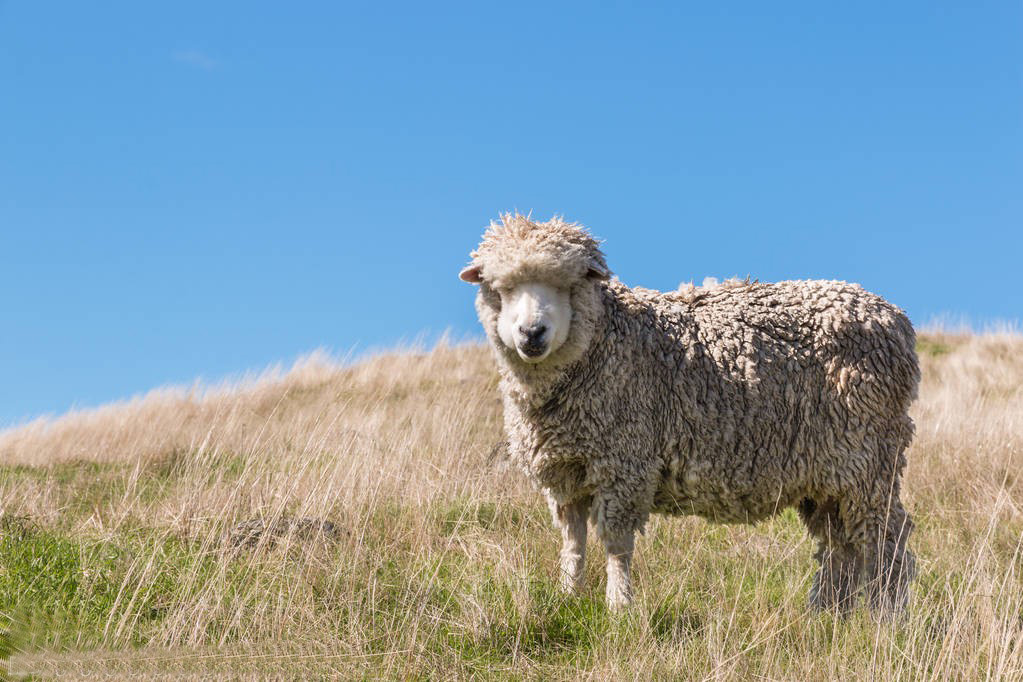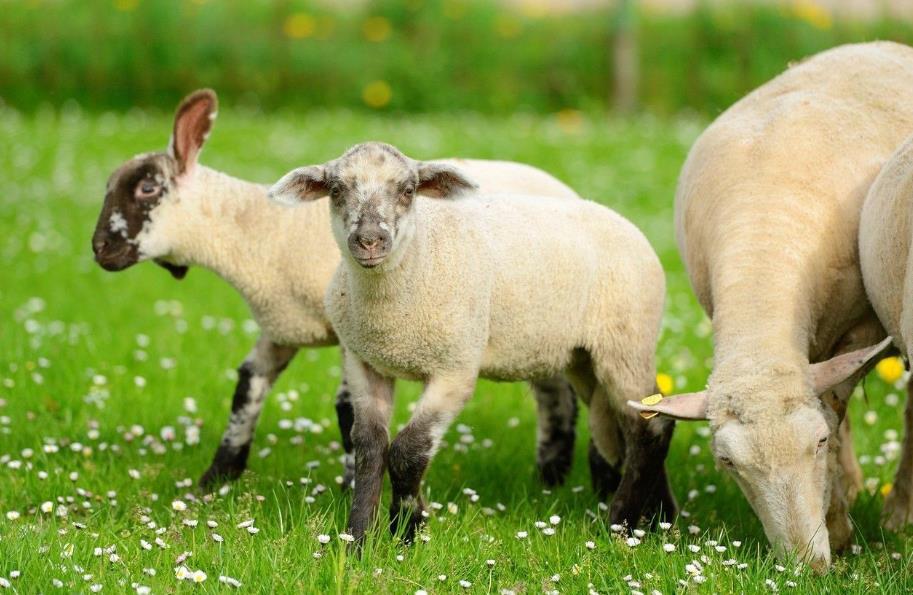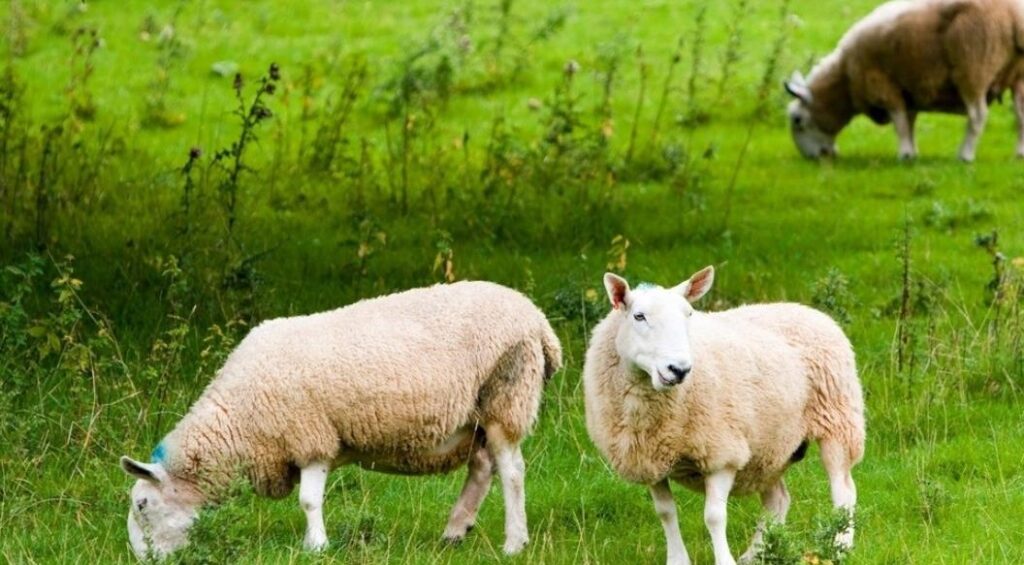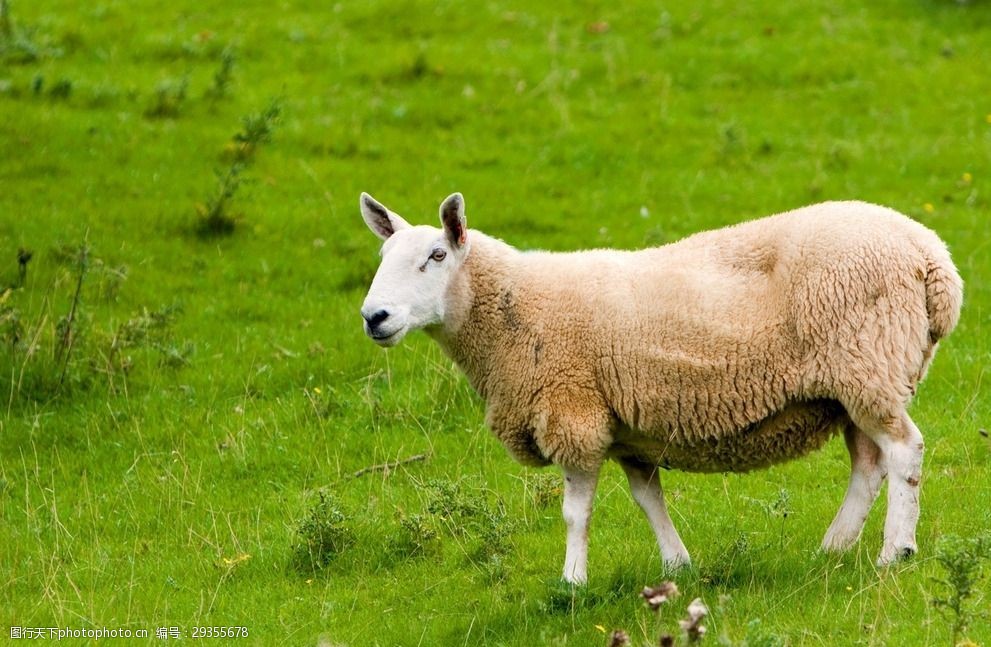What does sheep mastitis inject?
Breeding Ewes often encounter breast lumps, swelling, thick yellow milk or even milk milk squeezing out of the situation, which is one of the common diseases of ewes-mastitis! So, what’s the injection for goat mastitis? How do you treat it? Treatment for Mastitis: 1. Breast Administration: (1) Penicillin 800,000 IU, 0.5% procaine 5 ml, or …
